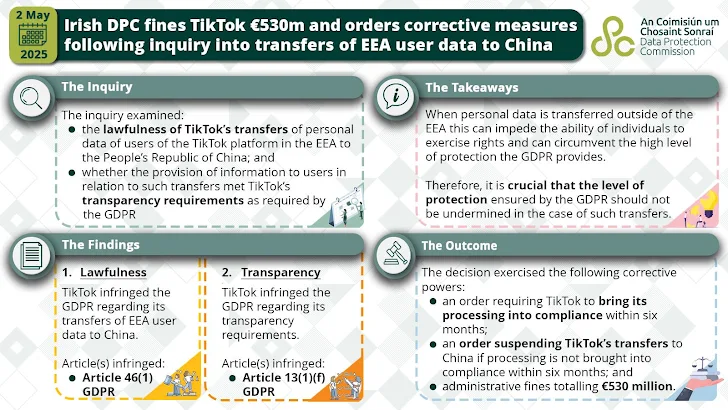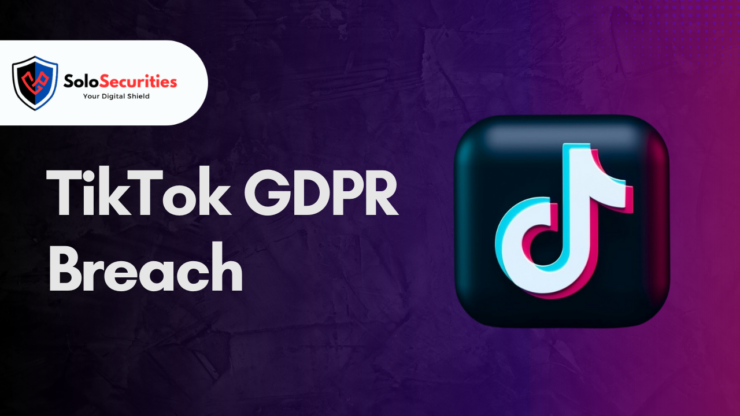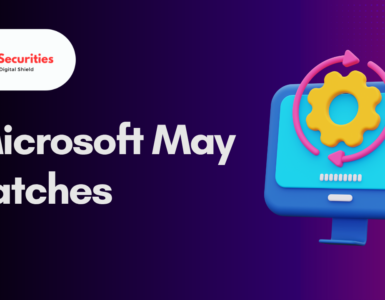Introduction In a landmark move underscoring the growing tension between Western regulators and Chinese-owned tech platforms, Ireland’s Data Protection Commission (DPC) has imposed a staggering €530 million fine on TikTok. The penalty comes after findings that the popular short-video app violated the General Data Protection Regulation (GDPR) by transferring the personal data of European Economic Area (EEA) users to China without adequate safeguards. This latest regulatory action not only marks TikTok’s second major fine in under two years but also reinforces the European Union’s firm stance on data sovereignty and user privacy.
The Core of the Violation TikTok, owned by China-based ByteDance, was found to have breached GDPR regulations by failing to ensure that the personal data of EEA users received an equivalent level of protection once transferred to Chinese servers. The DPC highlighted that these transfers directly contravened Article 46(1) of the GDPR, which mandates that international data transfers uphold the same stringent privacy standards as those within the EU.
Moreover, the regulator expressed concerns that TikTok failed to mitigate risks stemming from potential access by Chinese authorities under their domestic anti-terrorism and counter-espionage laws. These laws are considered to diverge materially from EU privacy protections and therefore pose significant threats to the rights and freedoms of European users.

Transparency Failures The DPC further criticized TikTok for providing misleading information during the investigation. Initially, TikTok asserted it did not store EEA users’ data on servers located in China. However, in a late disclosure to the commission in March 2025, TikTok admitted that due to an internal system flaw identified in February, a limited amount of EEA data had indeed been stored on Chinese servers. Although the company claimed the data has since been deleted, this revelation significantly undermined its earlier transparency claims.
Regulatory Mandate and Deadlines In addition to the hefty fine, the DPC ordered TikTok to suspend all EEA-to-China data transfers and mandated that its processing operations be brought into full compliance with GDPR requirements within six months. This includes ensuring that any future data transfers are backed by legally sound mechanisms such as Standard Contractual Clauses (SCCs) and supplementary measures.
TikTok’s Response TikTok has pushed back against the ruling, citing its Project Clover initiative as evidence of its commitment to safeguarding European user data. Project Clover involves localized data storage and stricter access controls, modeled after similar efforts like “Project Texas” in the United States. Christine Grahn, TikTok’s Head of Public Policy and Government Relations for Europe, emphasized that the company has never received or complied with any data request from Chinese authorities.
“The DPC itself recorded in its report what TikTok has consistently said: it has never received a request for European user data from the Chinese authorities, and has never provided European user data to them,” said Grahn.
Previous Infractions and Industry Implications This latest enforcement action comes on the heels of a €345 million fine TikTok incurred in September 2023 for violating GDPR provisions concerning the processing of children’s data. With multiple infringements within a short period, regulatory scrutiny over TikTok’s global operations is likely to intensify.
For other tech companies operating within the EU, the TikTok case serves as a cautionary tale. The EU has consistently demonstrated that it is willing to enforce GDPR regulations with significant financial penalties. Companies must prioritize data protection by design, ensure transparency, and adopt robust legal frameworks for any cross-border data transfers.
The Geopolitical Angle Beyond the legalities, the TikTok fine reflects broader geopolitical dynamics. Western nations have increasingly expressed concern about the potential misuse of user data by foreign governments, particularly China. This concern has led to bans and restrictions on TikTok by various governmental agencies and parliaments, including in the U.S., Canada, and several EU member states.
The GDPR fine thus adds to the mounting pressure on TikTok to decouple its international operations from its Chinese parent company and to increase operational transparency. It also underscores the European Union’s leadership in setting global standards for digital privacy and human rights.
Looking Ahead As TikTok works to comply with the DPC’s ruling, the case could influence upcoming regulations, such as the EU’s proposed Data Act and the Data Governance Act, both of which aim to foster trust in data-sharing practices and ensure the responsible handling of sensitive information.
Furthermore, with the rising adoption of AI and data-intensive services, maintaining strict oversight of how and where data is processed will be critical. For TikTok and other global platforms, this means continually evolving their privacy practices to not only meet current compliance standards but to anticipate future legislative shifts.
Conclusion The €530 million fine imposed on TikTok is not merely a punitive measure but a clarion call for greater accountability in the digital age. It highlights the importance of respecting regional data protection laws, maintaining user trust through transparency, and acknowledging the geopolitical sensitivities associated with international data flows. As regulators tighten the reins on tech giants, the path forward will require a delicate balance between innovation, compliance, and ethical responsibility.















Add comment